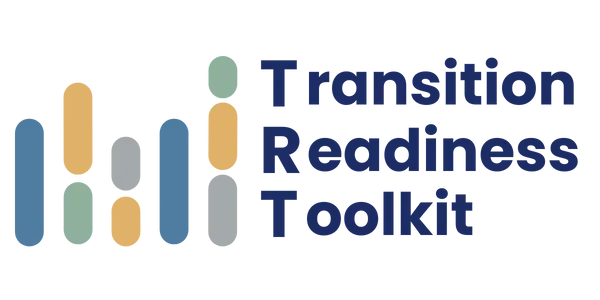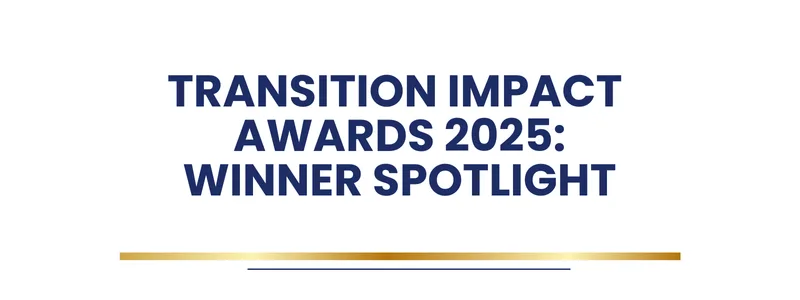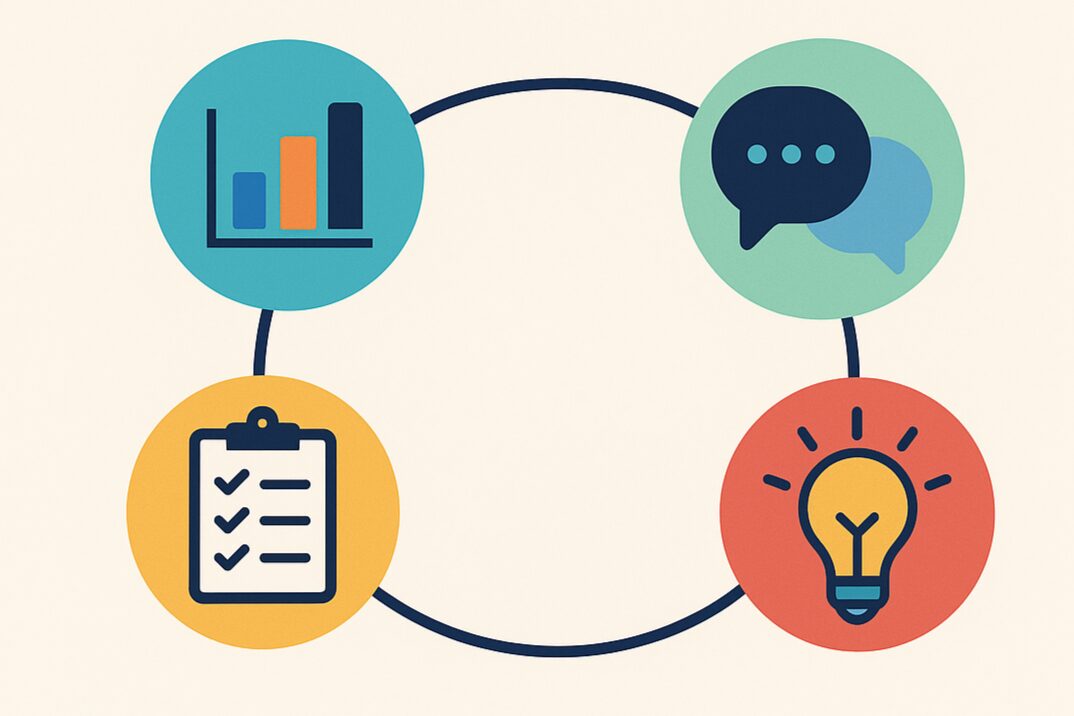Provider Spotlight: Preferred Employment & Living Supports
Transition Impact Awards: At AVI Human Services, we’re proud to highlight providers who create meaningful change; not just through curriculum, but through connection. The Transition Impact Awards recognized Preferred Employment & Living Supports (PELS) for their exceptional work supporting students in developing workplace soft skills, building confidence, encouraging participation, and preparing students for real-world success. … Read more


